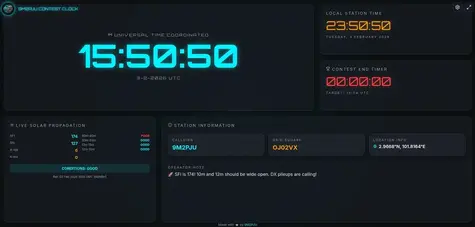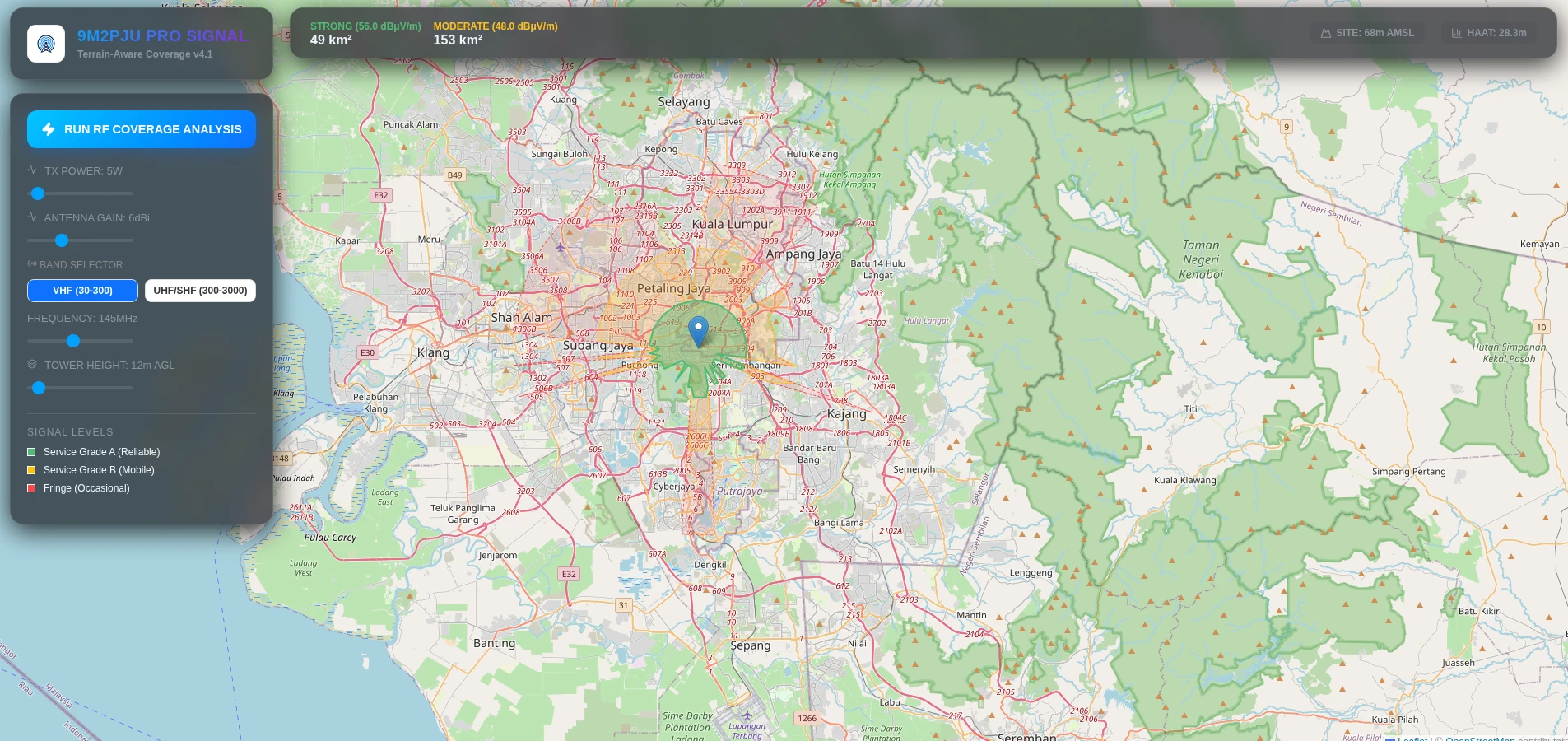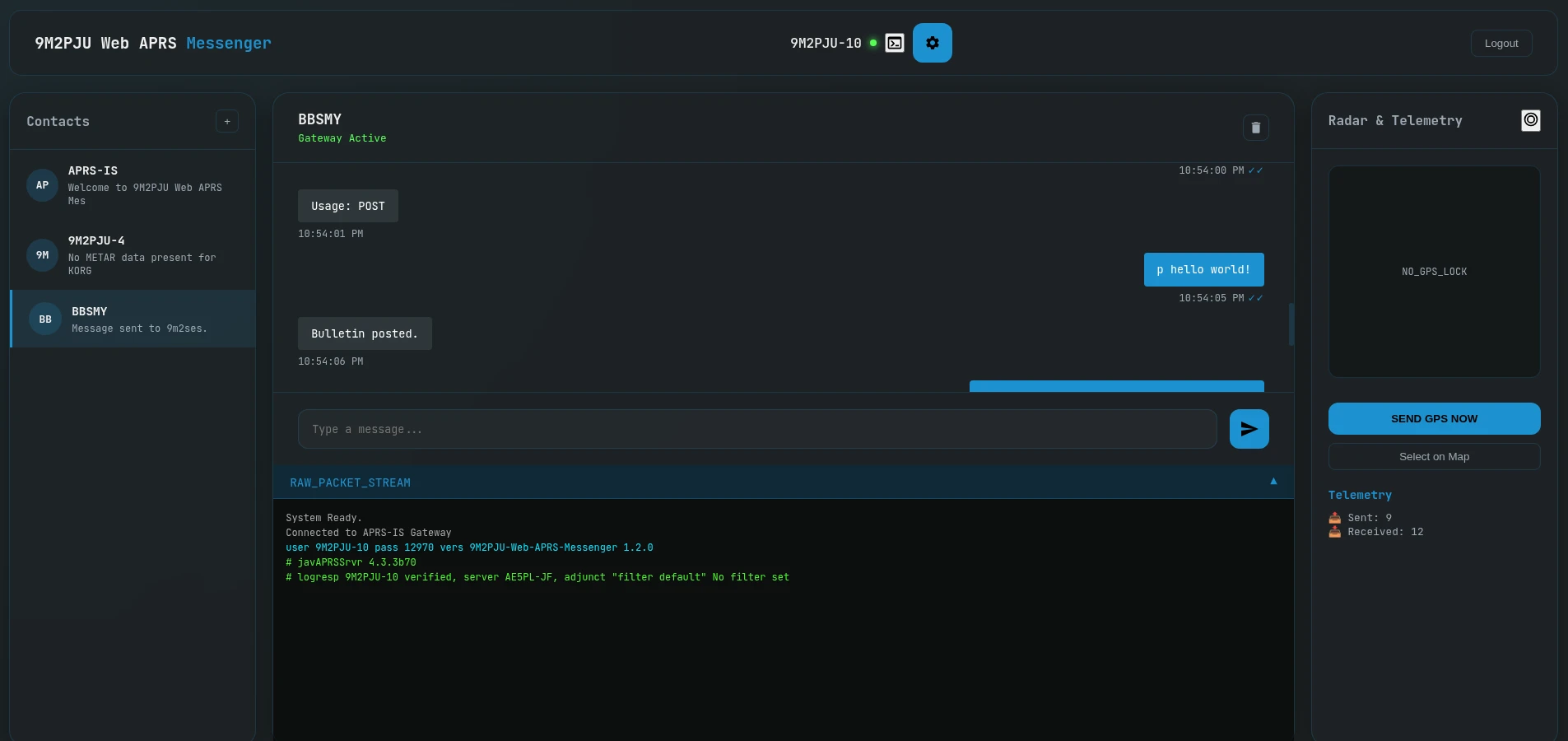DietPi: A Minimalist Operating System for Home Labs, Networking, Entertainment and Amateur Radio
In the world of lightweight Linux distributions, DietPi stands out as a practical and highly efficient choice for users who want simplicity, low resource usage, and flexibility. Whether you’re running a home lab, building a media server, managing your home network, or experimenting with amateur radio software, DietPi offers a lean, Debian-based environment that does exactly what you need—and nothing more.
This article explores practical use cases of DietPi in the context of home labs, home entertainment, home networking, and amateur radio, providing a grounded, realistic look at how this operating system fits into each domain.
What is DietPi?
DietPi is a lightweight Linux distribution based on Debian, designed to be as minimal and efficient as possible. It offers:
- Low CPU and memory usage
- Minimal background services
- Script-based configuration and automation
- Support for dozens of single-board computers (Raspberry Pi, Odroid, Pine64, etc.), x86_64 systems, and virtual machines
- Easy-to-use configuration tools (
dietpi-software,dietpi-config,dietpi-update, etc.)
The goal of DietPi is to provide a stripped-down base that allows users to build and maintain tailored systems with maximum efficiency.
DietPi for Home Lab
A home lab is a private environment for learning, testing, and experimenting with IT systems. Whether you’re a student, a sysadmin, or an enthusiast, DietPi makes a strong foundation for your lab infrastructure.
Key Benefits:
- Low Overhead: DietPi uses minimal RAM and disk space. Ideal for running multiple VMs or containers on modest hardware.
- Automation Tools: Automated scripts allow quick installation of tools like Docker, Portainer, OpenSSH, or web servers.
- Headless Operation: Designed for headless (no monitor) environments via SSH, making it perfect for remote admin.
Use Cases:
- Running Containers: Set up Docker and Docker Compose to orchestrate services like databases, reverse proxies (Nginx/Traefik), Git servers (Gitea), and internal dashboards.
- Network Emulation or DNS Services: Tools like Pi-hole and Unbound can be easily deployed to monitor or filter DNS traffic.
- File Servers: Install Samba or NFS for network file sharing across the home lab.
- Virtualization: Run DietPi as a minimal VM host or guest for test environments using tools like Proxmox or VirtualBox.
DietPi for Home Entertainment
DietPi excels as a lightweight OS for media consumption and streaming. Thanks to its efficient resource usage, it’s well-suited for SBCs and older PCs repurposed into media centers.
Media-Centric Applications:
- Jellyfin / Plex: Set up a home media server to stream movies, music, and TV shows to local and remote clients.
- Kodi: Turn a Raspberry Pi into a dedicated media player with a clean GUI experience.
- MiniDLNA / Emby: Serve content to smart TVs, game consoles, and mobile devices using DLNA/UPnP.
- mpd + ympd: Stream music to local speakers using a lightweight music daemon and web interface.
Advantages:
- No GUI Bloat: DietPi provides just enough OS to run your software. No unnecessary desktop environments unless you choose to install one.
- Performance: Lower idle CPU usage means better thermal performance and longer lifespan for passive-cooled hardware.
DietPi for Home Networking
As the backbone of many digital homes, networking infrastructure needs to be reliable and secure. DietPi can take on several critical roles in your home network setup.
Useful Tools:
- Pi-hole: DNS-level ad blocker and monitoring tool; easy to deploy and maintain on DietPi.
- Unbound: Local recursive DNS resolver for privacy and faster lookups.
- WireGuard / OpenVPN: Create secure VPN tunnels to access your home network remotely.
- Nginx / Apache: Host internal dashboards or apps on your LAN.
- Samba / FTP / rsync: Configure file-sharing and backup services for centralized storage.
Practical Roles:
- Edge DNS Server: Combine Pi-hole + Unbound to act as a privacy-respecting DNS resolver.
- VPN Gateway: Install WireGuard for a secure connection back to your home when traveling.
- Monitoring Node: Tools like Netdata or Prometheus node exporters can monitor bandwidth, system health, and uptime metrics.
- Dynamic DNS + Port Forwarding: Maintain remote access using DDNS clients, with firewall and NAT configurations managed from your router.
DietPi for Amateur Radio
DietPi’s minimal design and support for common SBCs like the Raspberry Pi make it a suitable operating system for various amateur radio applications, especially where size, power, and simplicity matter.
Popular Ham Radio Software on DietPi:
- Direwolf: Software TNC for APRS and packet radio, runs well in a CLI-only environment.
- Xastir: APRS client, can be configured headlessly or with a lightweight desktop.
- Fldigi / WSJT-X: Digital mode tools (PSK31, FT8, etc.); can be installed with optional X11/desktop environments.
- Pat Winlink: Connects Winlink HF/VHF messaging system via Telnet or packet.
- RTL-SDR: Use with tools like
rtl_433,gqrx, ordump1090for SDR scanning and decoding. - YAAC, APRSD, or Hamlib: Integrate with transceivers for rig control or digital comms.
Hardware Compatibility:
- Works well with USB soundcards, USB SDR dongles, serial-to-USB adapters, and GPIO-based PTT or CAT interfaces.
- Raspberry Pi + DietPi is a common platform for remote-operated stations and portable digital mode rigs.
Final Thoughts
DietPi is not flashy—and that’s its strength. It delivers just enough operating system to do the job without draining resources or overwhelming the user. Whether you’re deploying a personal cloud, experimenting with Docker, building a VPN server, or decoding digital HF signals, DietPi gives you a stable, efficient platform to start from.
Its modular philosophy and extensive device support make it particularly well-suited for:
- Tinkerers who want control
- Users with limited hardware
- Ham radio operators needing lightweight OS for remote/portable use
- Anyone running a DIY home server setup
If you value efficiency and purpose-built computing, DietPi is worth a serious look.
Visit https://dietpi.com/







Post Comment